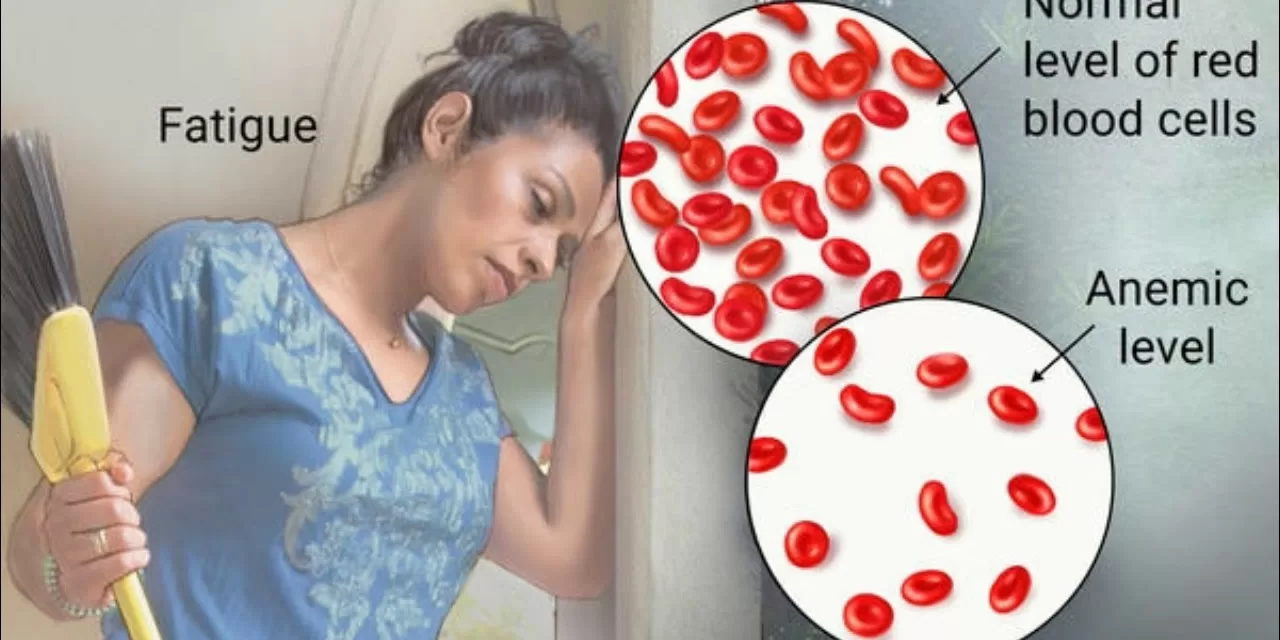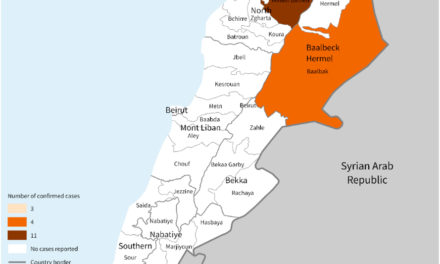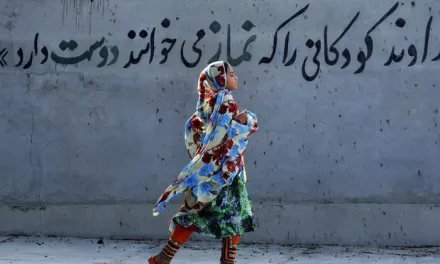Clinical Research Reveals 60% Reduction in Severe Infections Among Ugandan Children
Clinical research led by investigators from the Indiana University School of Medicine, in collaboration with partners in Uganda, highlights the substantial effectiveness of hydroxyurea in reducing infections among children with sickle cell anemia. The latest findings, published in the journal Blood, could pave the way for enhanced treatment strategies to reduce mortality rates in children affected by the genetic blood disorder in Africa, the continent most burdened by sickle cell disease.
The study, co-led by Dr. Chandy John, the Ryan White Professor of Pediatrics at IU School of Medicine, revealed a remarkable 60% reduction in severe or invasive infections, including malaria, bacteremia, respiratory tract infections, and gastroenteritis, among Ugandan children with sickle cell anemia who underwent hydroxyurea treatment.
“Sickle cell anemia is a significant health challenge in Africa, and our research provides compelling evidence of hydroxyurea’s effectiveness in reducing life-threatening infections in children,” said Dr. Chandy John. “We hope that our findings will encourage health ministries in the region to support and expand access to hydroxyurea, ultimately saving lives and improving the well-being of young patients.”
Sickle cell anemia alters the structure of red blood cells, impacting oxygen distribution and increasing susceptibility to severe health complications and infections. According to the World Health Organization, over 300,000 children worldwide are born with sickle cell disease annually, with a high prevalence in African countries.
While hydroxyurea received approval from the U.S. Food and Drug Administration for sickle cell disease treatment in children in 2017, its accessibility and acceptance in Africa have been relatively limited. Recognizing the knowledge gap regarding hydroxyurea’s impact on infections, the researchers incorporated the treatment into their clinical trial, “Zinc for Infection Prevention in Sickle Cell Anemia.”
Examining 117 children in Uganda during the study, the researchers observed a substantial decrease in the incidence of infections following hydroxyurea treatment. Notably, eight out of nine deaths in the trial occurred in children whose parents declined hydroxyurea treatment, emphasizing the potential life-saving benefits of the treatment.
Dr. Ruth Namazzi, site principal investigator, and first author on the study emphasized, “Incorporating hydroxyurea treatment as the standard of care for sickle cell anemia across Africa will not only reduce infections but will more importantly save countless lives.”
The study underscores the urgent need for additional interventions to decrease mortality rates in children with sickle cell disease in Africa, given the high death rate despite expert clinical care. The researchers advocate for hydroxyurea to be integrated into standard care practices to address the critical health challenges posed by sickle cell anemia in the region.
Collaborating researchers include Dr. Robert Opoka of Global Health Uganda, Dr. Abner Tagoola of Jinja Regional Referral Hospital, Jeong Hoon Jang of Yonsei University, and Dr. Russell E. Ware of Cincinnati Children’s Hospital Medical Center, among others.











